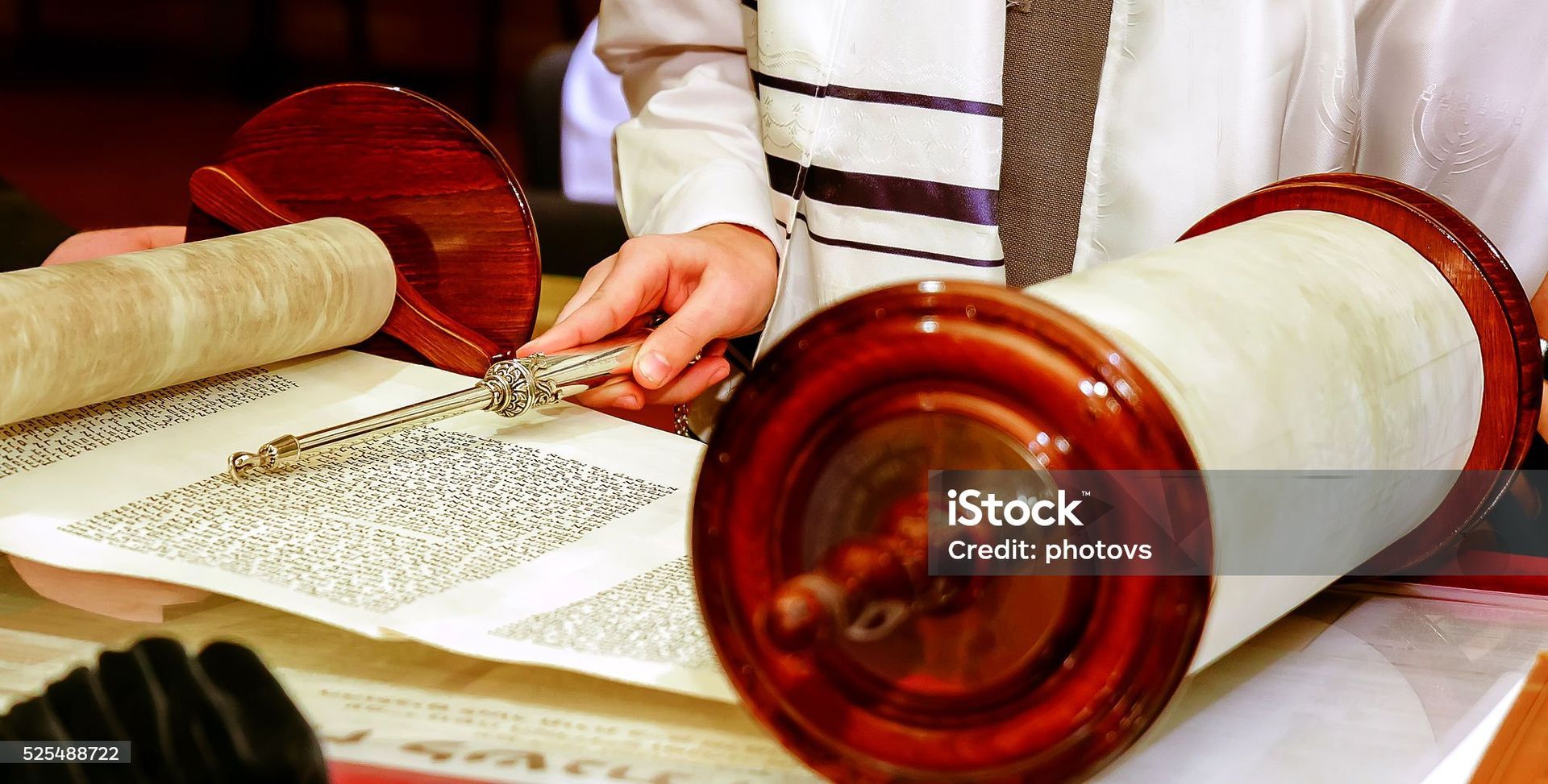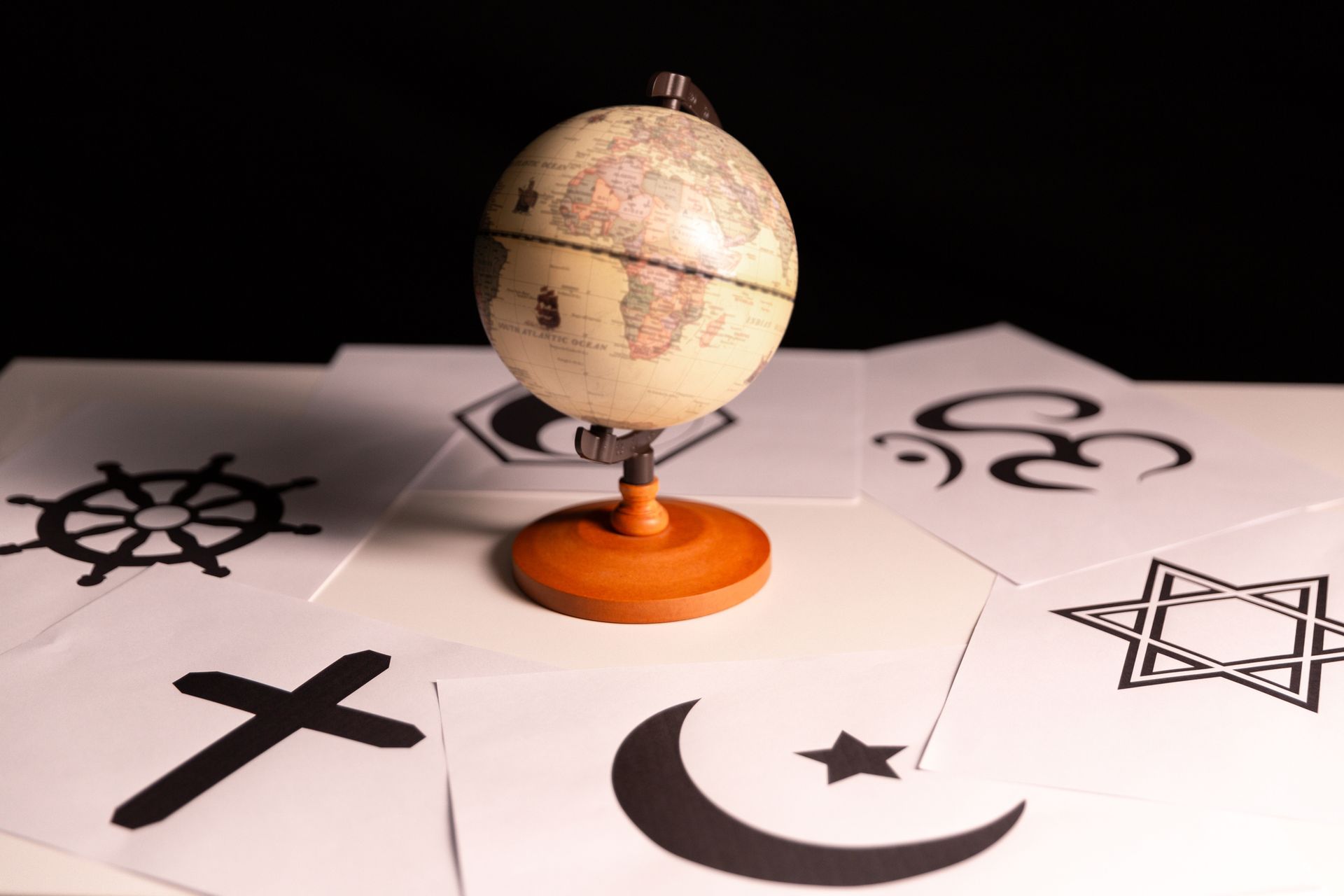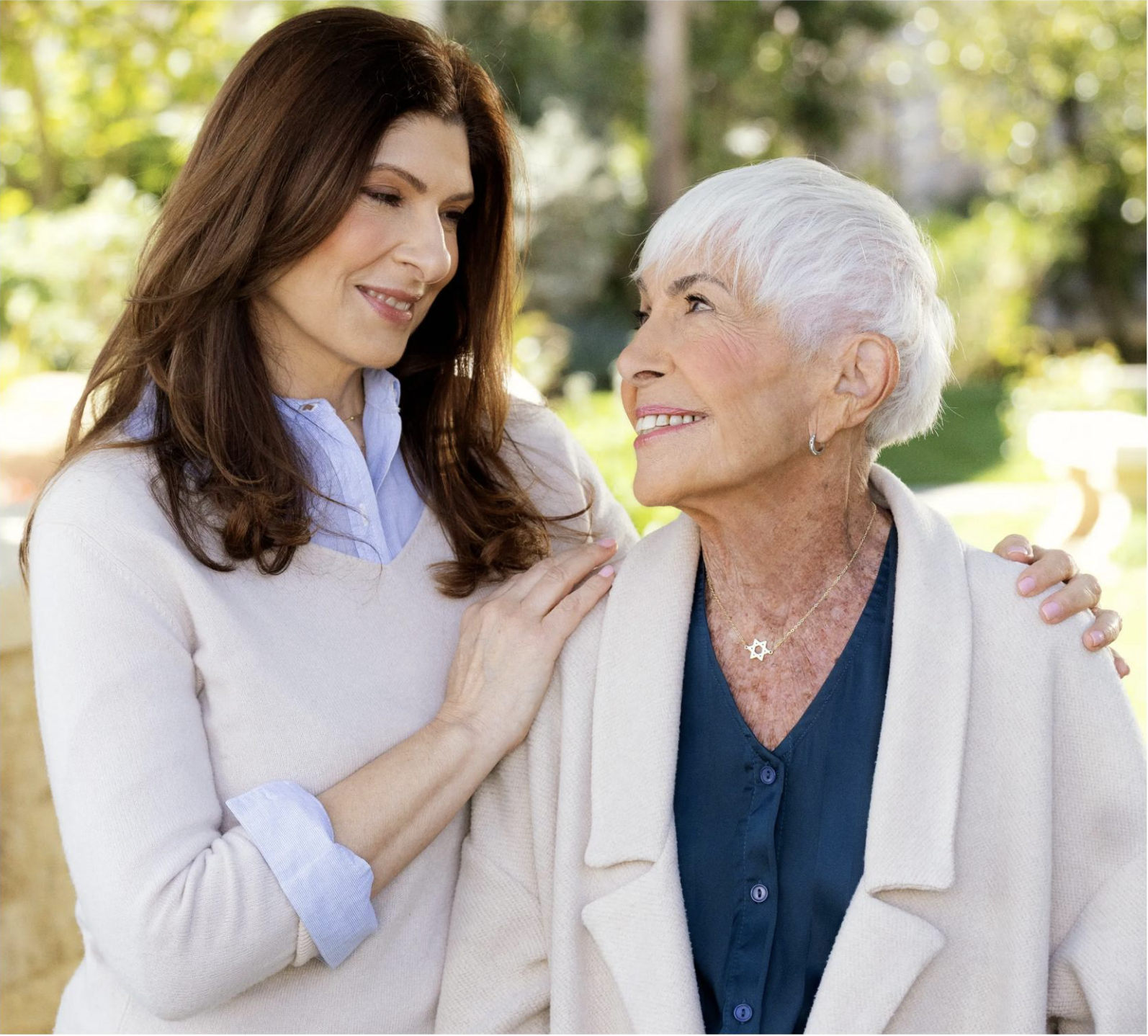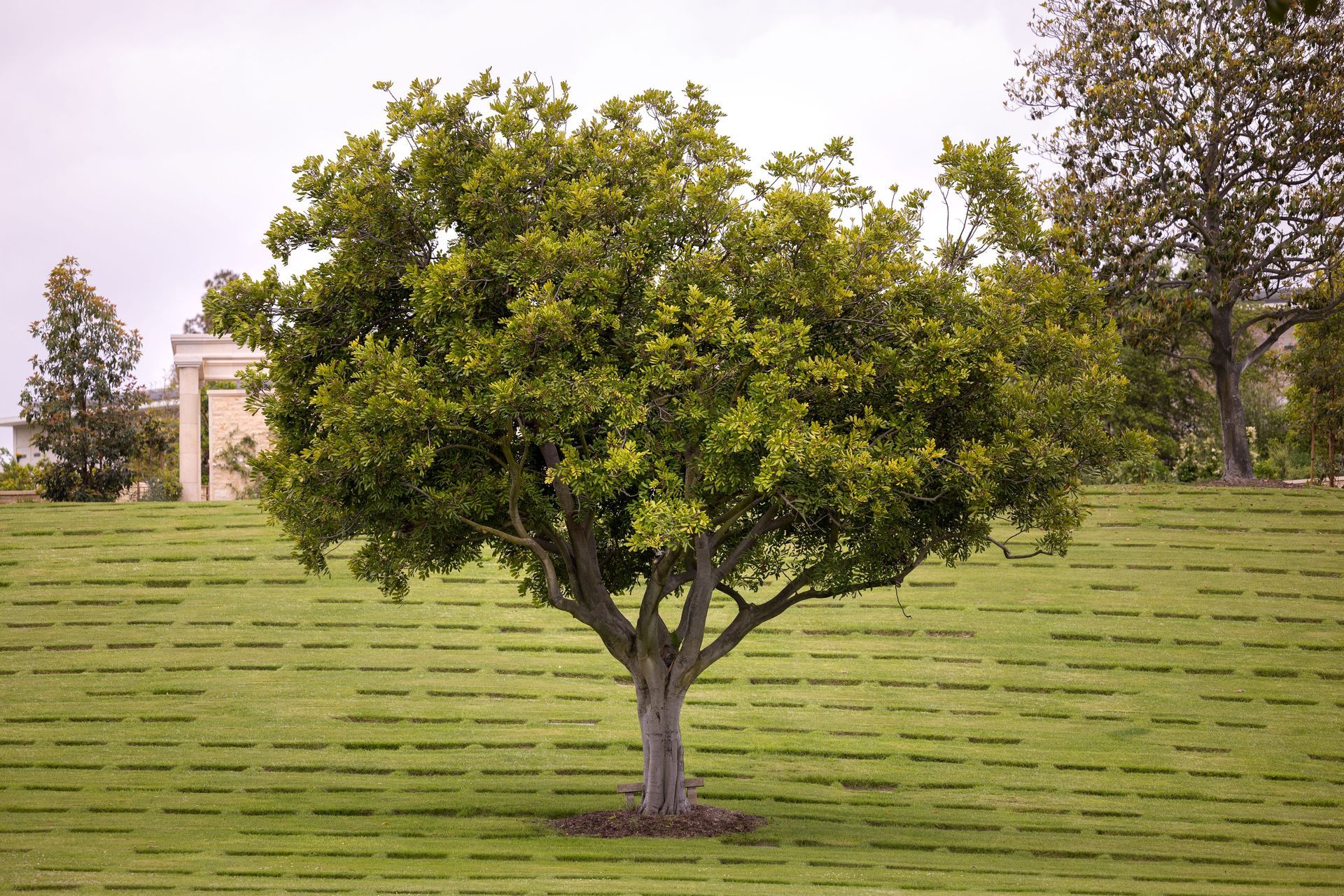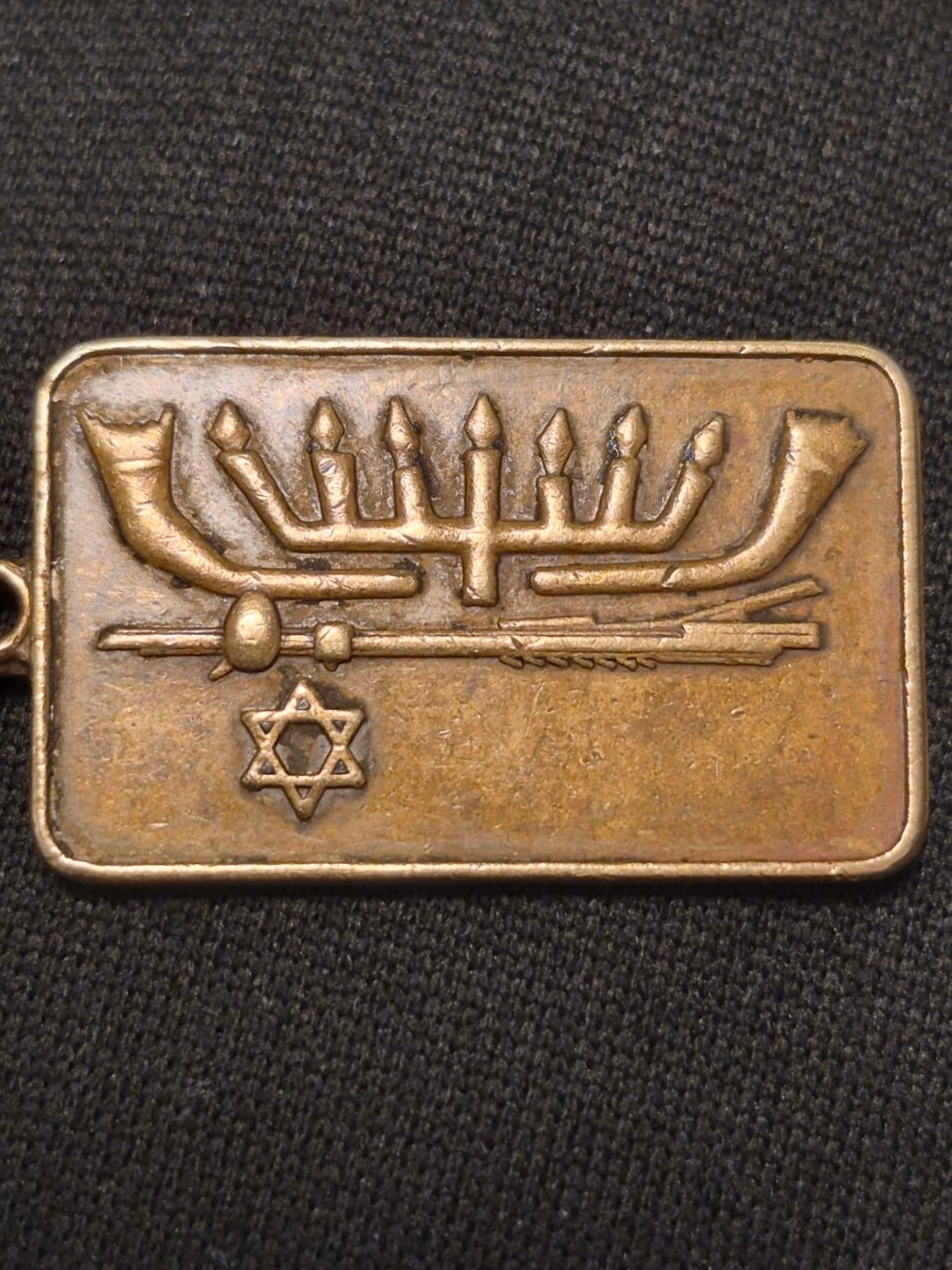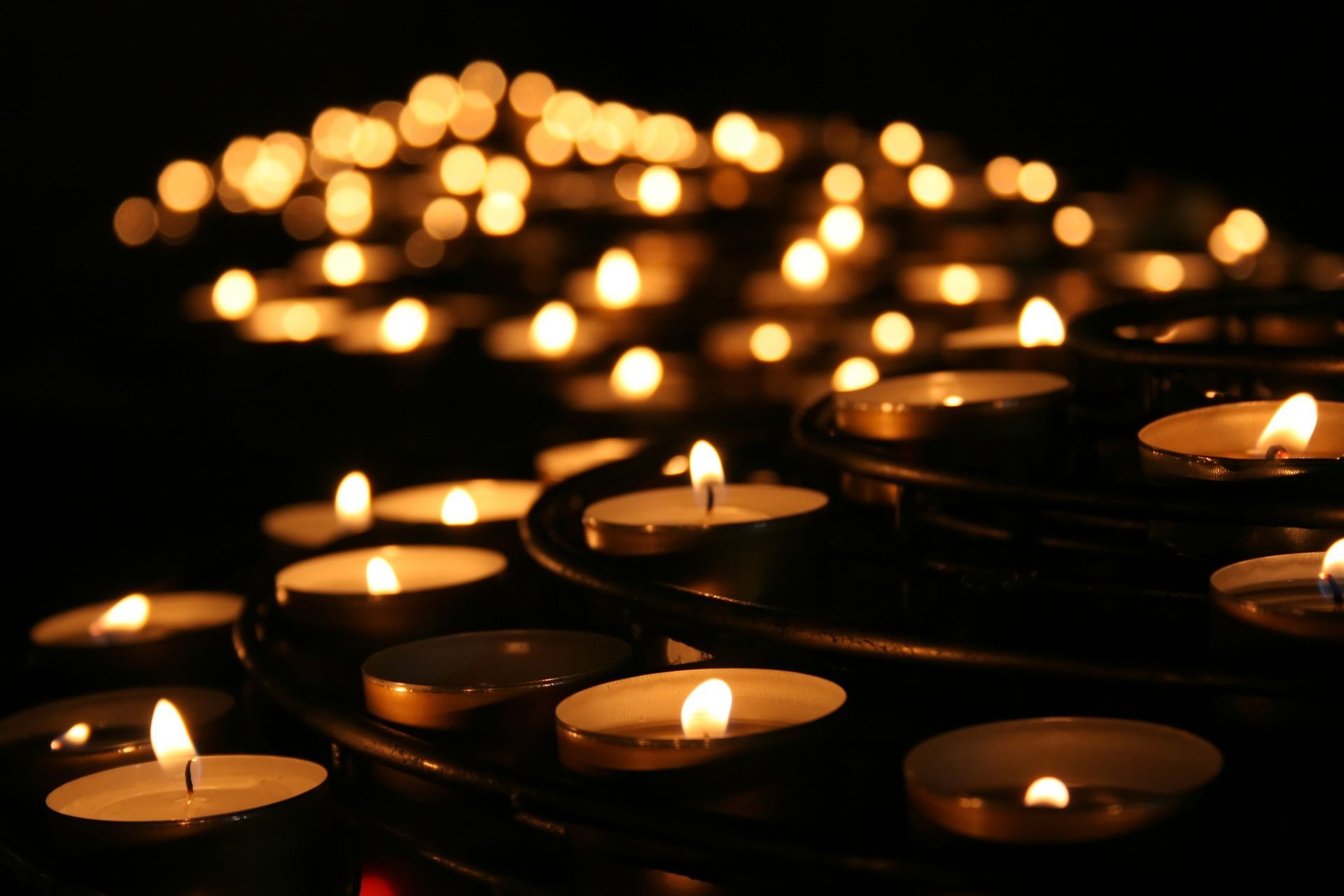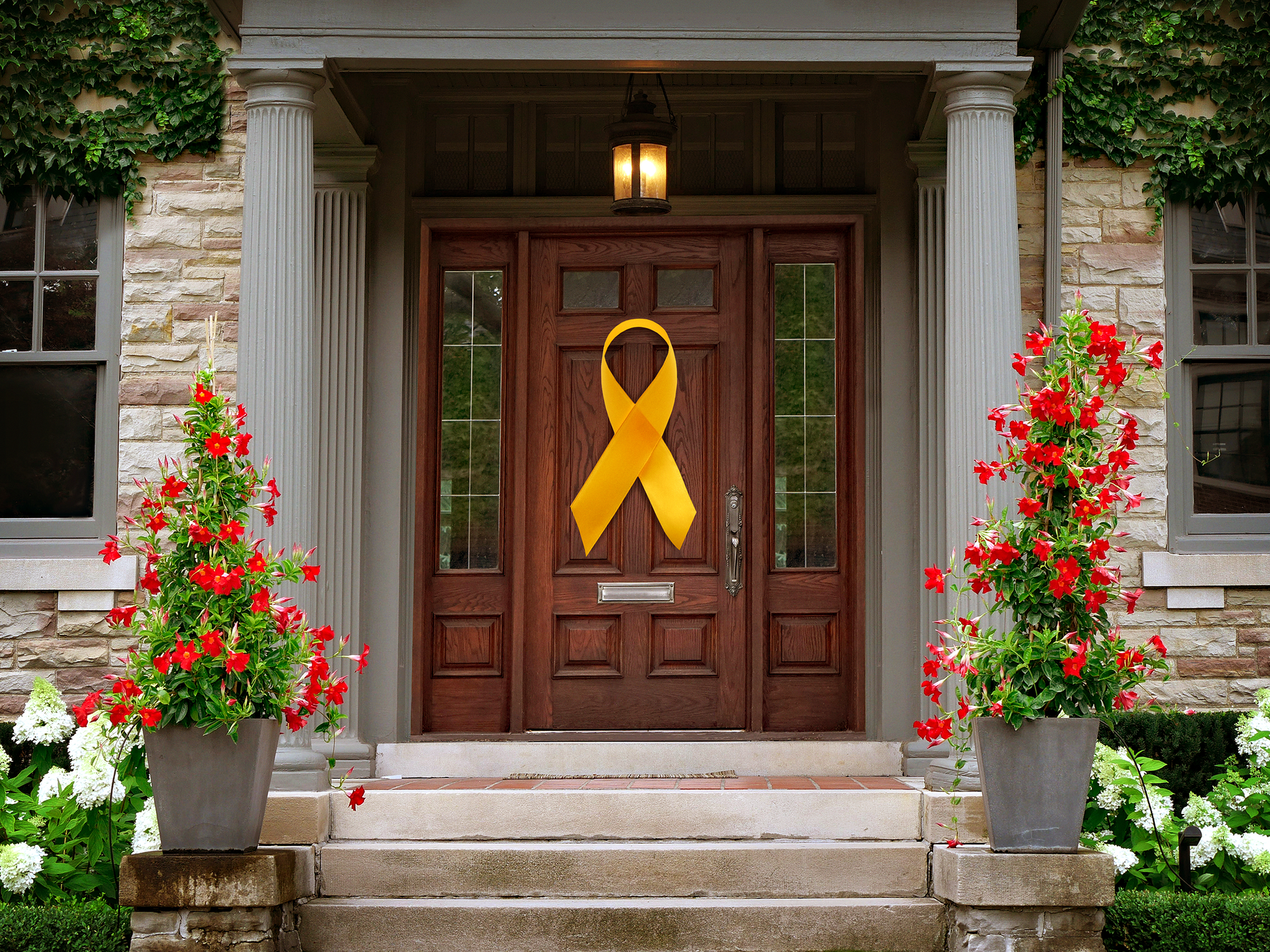The Role of Parents in the Jewish Life Cycle
Insights from Rabbi Ken Chasen of Leo Baeck Temple, Los Angeles
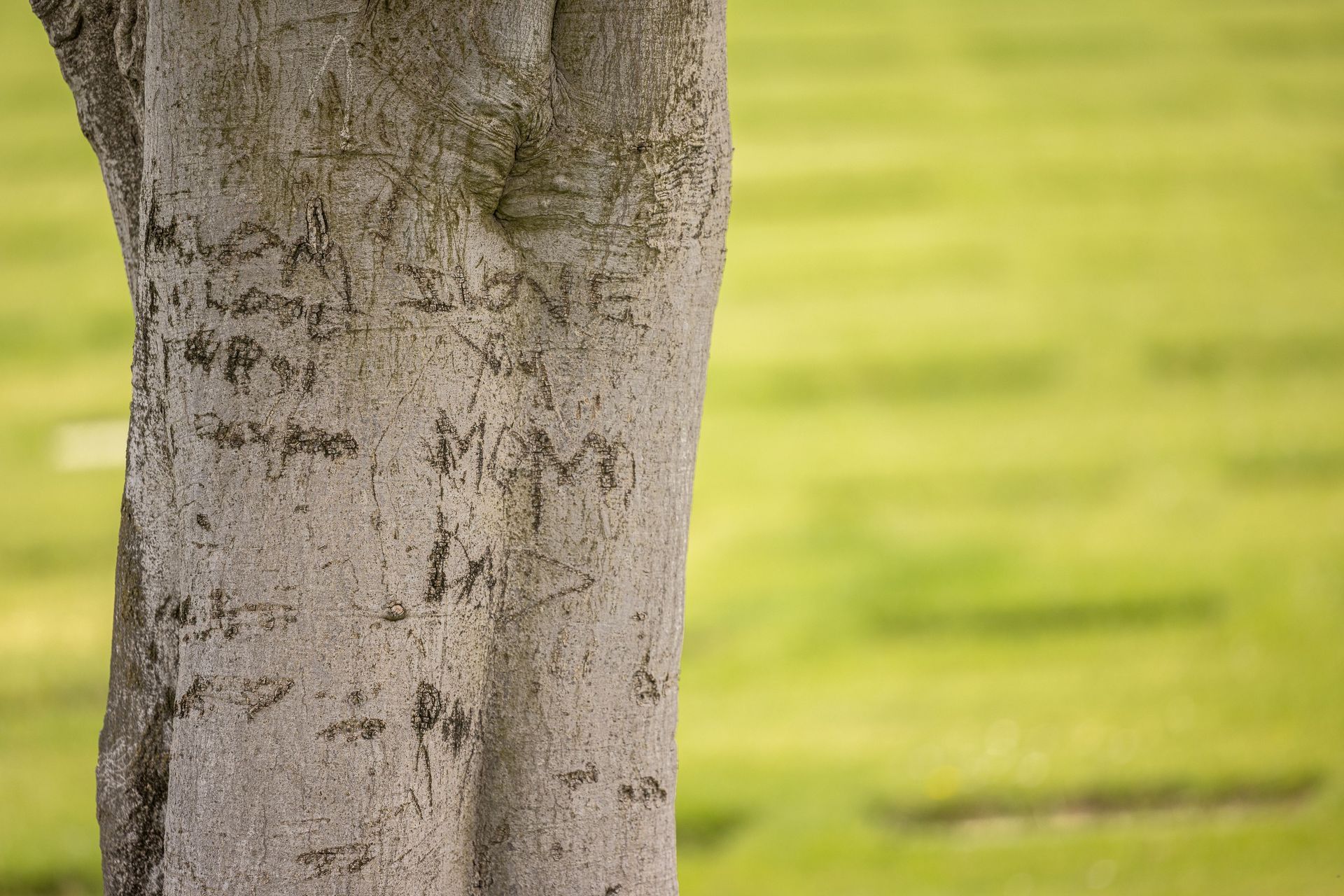
Rabbi Ken Chasen is a leading voice in Jewish thought and practice, known for his outspoken advocacy on social justice and his eloquent reflections on the Jewish experience in both America and Israel. As a commentator, author, and spiritual leader, he has helped countless families navigate the sacred transitions of life—from birth and bar mitzvah to marriage, aging, and mourning. At the heart of many of these moments is a powerful, often unspoken truth: the central role that parents play throughout the Jewish life cycle.
We spoke with Rabbi Chasen about how Judaism elevates the responsibility of parents—not just in raising children, but in shaping values, creating meaning, and passing on legacy. What emerged was a moving portrait of parenthood as a spiritual calling, one that echoes across generations.
Parenthood as Sacred Partnership
In Jewish tradition, the arrival of a child is more than a biological milestone—it is a spiritual covenant. “There’s a teaching in the Zohar,” Rabbi Chasen explains, “that calls upon us to honor our parents as we honor God, because all three are partners in our creation.” In this view, parenthood is elevated to an act of divine collaboration.
The
Talmud lays out a series of responsibilities for Jewish parents, including teaching their child Torah, helping them to find a partner, teaching them a trade – and, surprisingly, teaching them how to swim “That pairing,” Rabbi Chasen notes, “suggests that survival and spiritual growth are equally essential. Passing on Jewish tradition is a life skill.”
Parents shape Jewish identity not only through milestones but in daily practice. Rabbi Chasen encourages families to “regularize” simple customs—lighting Shabbat candles, saying the
Motzi before meals, or sharing gratitude at the dinner table. “These small acts, done consistently, build a framework of belonging,” he says. “They can become good life habits, just like brushing your teeth—only these are habits that form a meaningful rhythm of Jewish life.”
Milestones That Shape Family and Memory
Life cycle events such as b’nai mitzvah or weddings are often viewed as celebrations of children—but Rabbi Chasen reminds us that they are deeply transformative for parents as well.
“When your child leads their own
b’nai mitzvah service, you’re filled with pride and joy,” he reflects. “But there’s also a quiet ache—you realize they’re doing something very challenging, even for you to do as an adult, and they don’t need you to be capable. They’re growing into themselves. And your role begins to shift.”
These moments, he says, are not about letting go, but about growing alongside your child. “Your love matures. It’s different from when they were infants and needed you for everything. Now, you’re making space for their independence—and for a new kind of relationship.”
Weddings mark another deeply symbolic handoff of responsibility and relationship. While Jewish tradition already invites parents into the ceremony,, Rabbi Chasen finds ways to imbue these gestures with even more meaning. “We often invite parents to join their children in the
kiddushin—the betrothal blessing—by sharing the first cup of wine together. In that moment, parents taste the sweetness of the moment alongside the couple.” Brought into this intimate moment, parents deepen their intergenerational bond and makes the transference even more beautiful.
Another ritual Rabbi Chasen often incorporates is the kinyan—a symbolic act of acquisition that activates the ketubah, or Jewish marriage contract. Traditionally done between the Rabbi and the groom, Rabbi Chasen brings a powerful twist: “We sometimes have the couple acquire the
ketubah together,” he explains, “but then we invite the parents to hold the corners of the document. It becomes a symbolic passing of responsibility—the parents entrusting the sacred work of love and commitment to their children.”
These gestures don’t just deepen the ceremony—they reflect the broader truth of what’s happening: a shift in the family constellation. “There’s unbridled joy—knowing your child will be loved and never alone,” Rabbi Chasen says. “But there’s also a recognition that your role is changing. You’re no longer the central figure in their life—and that’s as it should be.”
By updating traditional rituals in ways that keep parents emotionally and spiritually involved, Rabbi Chasen helps families embrace the full arc of the life cycle—not just with reverence, but with participation, connection, and enduring love.
Legacy, Mourning, and the Gift of Reflection
As parents age, their role evolves again—not into absence, but into legacy. Rabbi Chasen believes one of the most meaningful tools for this stage of life is the ethical will—a document that passes down not possessions, but values, memories, and life lessons.
“An ethical will allows you to express what your life meant,” he says. “It brings peace, not just to those who receive it, but to the person writing it. It can help us die well—with grace, dignity, and the comfort of knowing we said what needed to be said.”
Jewish tradition offers further guidance at life’s end. Rabbi Chasen encourages families to embrace
viduy—a confessional prayer offered near death—as a powerful opportunity for healing and connection. “It’s not giving up,” he says. “It’s a way to make the final chapter sacred.”
Even after a parent’s death, mourning practices like
shiva and
yahrzeit allow adult children to reflect, grieve, and step into a new phase of identity. “Shiva flips the roles,” Rabbi Chasen explains. “Your home becomes a place where others host you. It says: you are worthy of care and uplift.”
He also speaks to the impact of personalized remembrance: “Ask if there’s a poem, a melody, a memory that can affirm this person’s spirit. These rituals remind us that even in death, our loved ones continue to shape us—and even those who never knew them can be touched by their legacy.”
Carrying It Forward
Throughout the Jewish life cycle, parents are not just witnesses to sacred moments—they are architects of meaning. From the blessing over a newborn to the writing of an ethical will, each stage offers a chance to model resilience, pass on values, and express love in new forms.
At Hillside Memorial Park and Mortuary, we honor that journey. As you are beginning to think about your own legacy, our team is here to walk beside you with sensitivity, tradition, and care.
If you’re ready to begin the advance planning process, and create your meaningful legacy—we invite you to reach out
on our site or at 1 (800) 576-1994. Let us help you ensure that your values, your story, and your voice live on, l’dor v’dor—from generation to generation.

